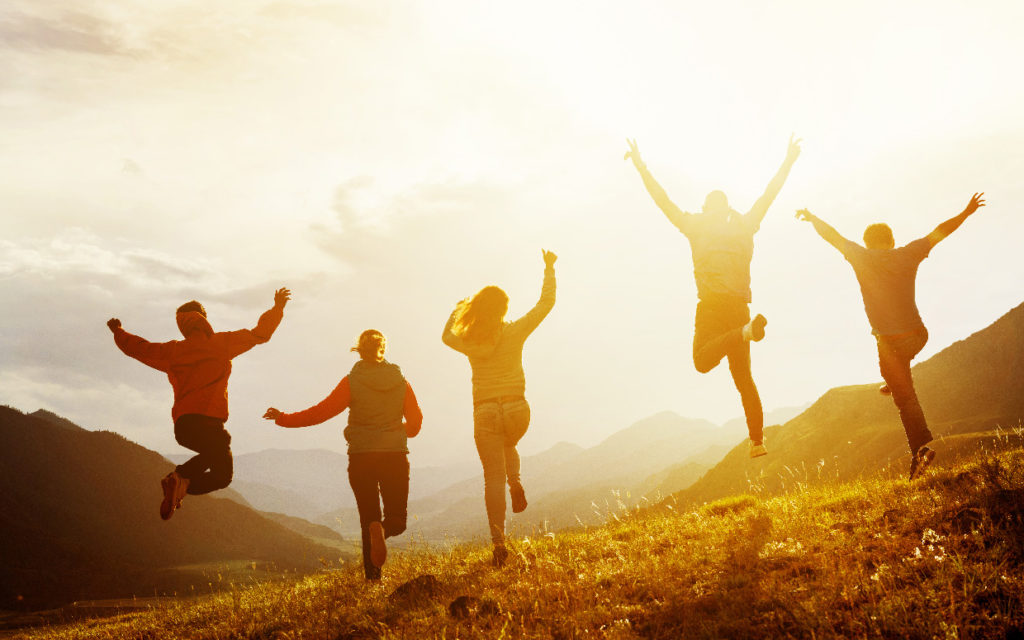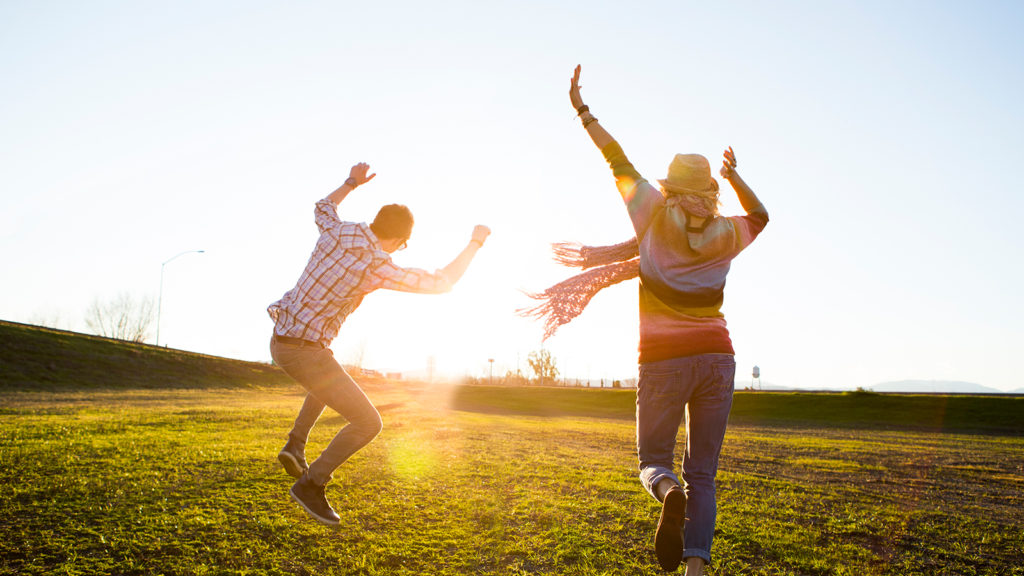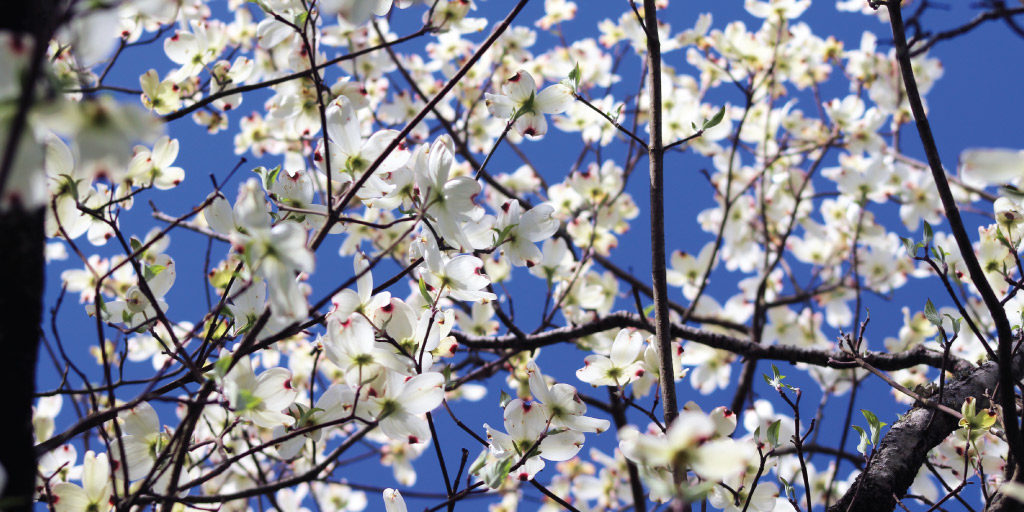It’s no surprise that people are spending more hours of the day indoors and online as they practice social distancing. There are many ways to practice safe social distancing outdoors as well! In fact, recent studies have shown that spending time in nature can positively affect our brains, bodies and keep us healthy.
THE POWER OF THE NATURAL WORLD
While scientists continue to find a direct correlations to nature and our well-being, technology is keeping more and more people indoors — especially children. These findings on how nature benefits our brains brings continued awareness and support for the conservation of our natural world. Now let’s explore some science-backed ways nature supports our well-being!
IMAGE COURTESY OF WWW.TREEHUGGER.COM

BEING IN NATURE REDUCES STRESS
Physical activity is already a known to stress reliever, but doing so in nature can take it one step further! Take a walk in the natural environment around you and notice how you feel while experiencing it.
In a recent study, researchers in Finland found that urban dwellers who spent as little as 20 minutes in nature at a park or woodland area reported significantly reduced stress compared to those who strolled in a center center.
Studies like this give further evidence that being in the natural environment, or even just looking out the window at natural scenery somehow gives us a soothing effect and relieves stress.
IMAGE COURTESY OF WWW.PARADE.COM

NATURE HAS MOOD ENHANCING EFFECTS
The birds, bees and breeze! Have you ever noticed a mood boost from being outside? Studies are starting to back these feelings with actual scientific data to support it.
Gregory Bratman, of Stanford University, has found evidence that nature may impact our mood. In one study, he and his colleagues specifically focused on how walking in nature affects rumination. Rumination is known to be associated with the onset of depression and anxiety.
Participants who walked in a natural setting versus an urban setting reported decreased rumination after the walk. This finding that suggests nature may have important impacts on mood. Studies like this show that we are depriving ourselves from major health benefits the natural world can provide. Prioritizing an effort to connect to the natural world around us is something we can all implement in our day-to-day.
IMAGE COURTESY OF WWW.CREATIVENATUREPHOTOGRAPHY.NET

NATURE INCREASES CREATIVITY
Are you experiencing creative block? Get outdoors and get inspired! A study published in 2012 resulted in showing the effect of time spent in nature on higher-level tasks of the creative intellect, such as problem-solving. Results from spending 4 days in nature, while also disconnecting from multimedia and technology, increased performance on problem-solving tasks by participants.
IMAGE COURTESY OF WWW.THOUGHTSCO.COM

NATURE CAN MAKE YOU MORE KIND AND GENEROUS
Who knew that spending time in nature can also help others as well! An experiment conducted by Paul Piff of the University of California, in which participants staring up a grove of very tall trees for as little as one minute experienced measurable increases in awe. They also demonstrated more helpful behavior and approached moral dilemmas more ethically than participants who spent the same amount of time looking up at a high building.
The researchers concluded that experiencing the beauty of nature increases positive emotion and the sense of being part of something bigger than oneself. This research also showed an increase in overall prosocial behaviors.
IMAGE COURTESY OF WWW.THELADDERS.COM

NATURE MAKES YOU “FEEL MORE ALIVE”
Considering all of the benefits previously discussed in this article, it should be no surprise that nature makes us feel more alive and connected. Being outdoors gives us energy, makes us happier, helps us to relieve the everyday stresses, opens the door to creativity, and helps us to be kind to others.
Since our once over-scheduled lives have slowed down a bit with social distancing, now is the perfect time to connect with the natural world around us.
